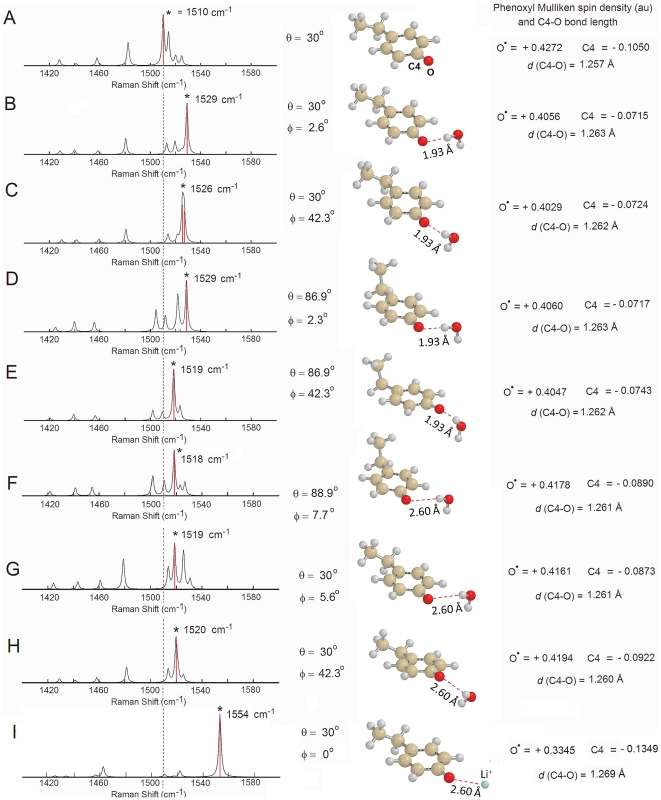Figure 6. Theoretical resonance Raman modes.
Calculated Raman spectra of the tyrosyl radical model system (ethylphenoxyl radical, neutral form) in the absence (A) or presence (panel B–H) of a water molecule in close vicinity (B, C, D, and E, d = 1.93 Å) or placed further away (F–H, d = 2.60 Å) from the phenoxyl oxygen. Panel I shows the interaction with nearby positive charge (Li+). The calculations were performed by density functional theory (DFT/UB3LYP/6-31G(d,p)) in gas phase. No frequency scaling was applied and a 3 cm−1 band width (Lorentzian-line) was used. The angle φ is defined as the angle (°, deg) formed between the phenoxyl plane and the C4phen-Ophen….Hwater plane. The definition of the angle θ is given in Figure 1. The numerical values for the Mulliken spin density calculated for the phenoxyl (-O•) oxygen (positive) and the C4 atom (negative) are shown on the right-hand side of each panel. The minor bond elongation observed in the calculated C4-O bond length upon interaction of the phenoxyl oxygen with the water molecule is also shown. The asterisk (*) in each panel indicates the position of the ν7a mode. The thin dashed vertical line serves as a visual marker for the unperturbed tyrosyl radical to guide to the eyes.

